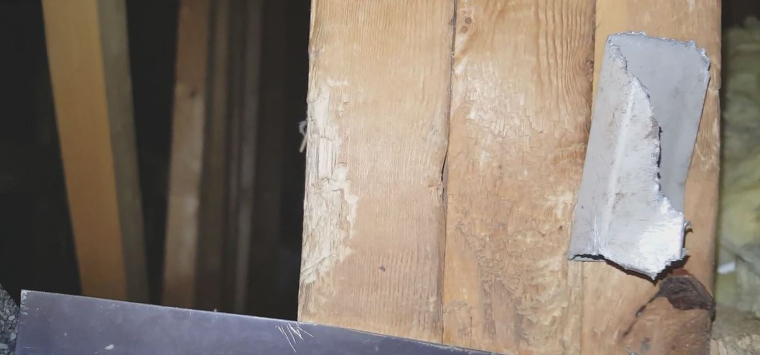-
info@aaanimalcontrol.com
Call us for help in your town
Humane Wildlife Education
How to detect a squirrel problem in the attic
Need squirrel removal in your hometown? We service over 500 USA locations! Click here to hire us in your town and check prices- updated for year 2020.
Squirrels that live in residential areas are actually known for being more tamed than the ones you would see out in the wild. There is a reason for this — they are much more acclimatized to human interaction and engagement, even going as far as the animals depending on people for food and places to live.

This actually works in your favor when it comes to detecting a squirrel problem, because it means that they are less likely to scamper off and hide when you come along. Wild squirrels — ones that live in more wild spaces — will be incredibly fearful of people and other animals that aren't native to that particular habitat. Squirrels that have moved into more urban environments, on the other hand, are often hand-fed by animal-friendly households, and they don't even need to be hand-fed in order to associate people with food. Many gardens are filled with food sources for not just squirrels, but other wild creatures, and small, cozy hiding spots usually go hand in hand with those.
A squirrel that lives in an urban environment is going to be braver and louder than more wild squirrels. The ones that live in your attic are going to be less inclined to tip-toe around. When one attic closes, another will open, and that's kind of how it goes in the wildlife world. Other wild animals, not just squirrels, actively move from one attic or yard to another, swapping one den or nesting spot for a new one. Many species, raccoons and squirrels being just two of them, will go back to the same nesting spots time and time again, if it is still available. They will share the news with their daughters, sons, group members and friends, alerting them as to the best hiding spots and places to find food when life gets touch, such as during winter.
Squirrels are active during the day and night, so you will hear these creatures more around early morning and late afternoon. The midday heat can be too much for them, so the middle of the day is when they are likely to find shade and perhaps opt for a nap.
Squirrels make a lot of noise, especially if they have already invaded an attic or building. Chewing sounds may be heard if the surrounding space is quiet enough, and you may even hear the animals just scampering around. Scuffles, thuds, grating sounds … These are all familiar wild animal sounds, and many of them can usually be attributed to squirrels.
Being awake during the day means that squirrels are commonly found in back gardens — there is a chance that you will be able to physically see how and where the animals are hanging out in your back yard, and also how and where they are managing to access to the attic or other spots on the building if they have already. With some investigative work, you might spot the animals leaving to find food. You can use that moment to your advantage — if there are not babies left in a squirrel nest somewhere, you can simply seal the hole up after the animal has left.
As well as spotting the squirrel itself, there's a pretty good chance that you're going to see signs that the animal has been in that spot. This will include feces and urine, alongside bits of fluff and fur, grease patches, and perhaps even some debris left over from feeding time.
For more information, you may want to click on one of these guides that I wrote:
How much does squirrel removal cost? - get the lowdown on prices.
How to get rid of squirrels - my main squirrel removal info guide.
Example squirrel trapping photographs - get do-it-yourself ideas.
Squirrel job blog - learn from great examples of squirrel jobs I've done.
Squirrels in the attic - what to do to solve the problem.


















